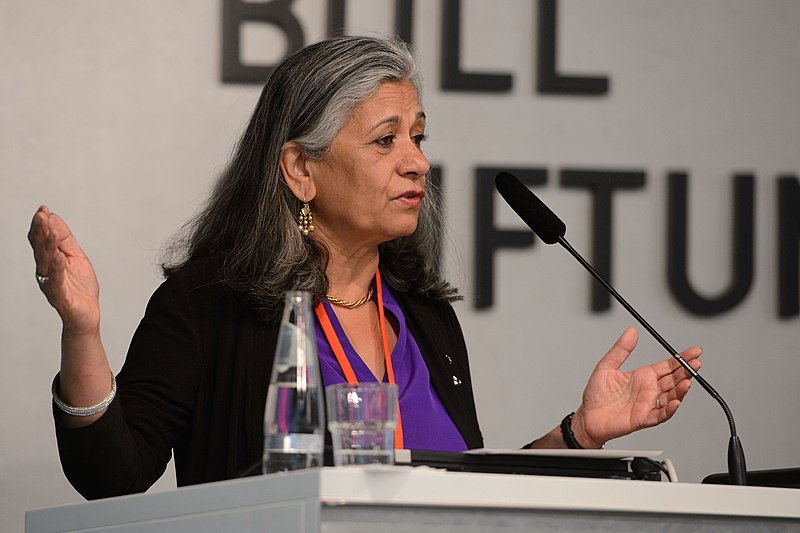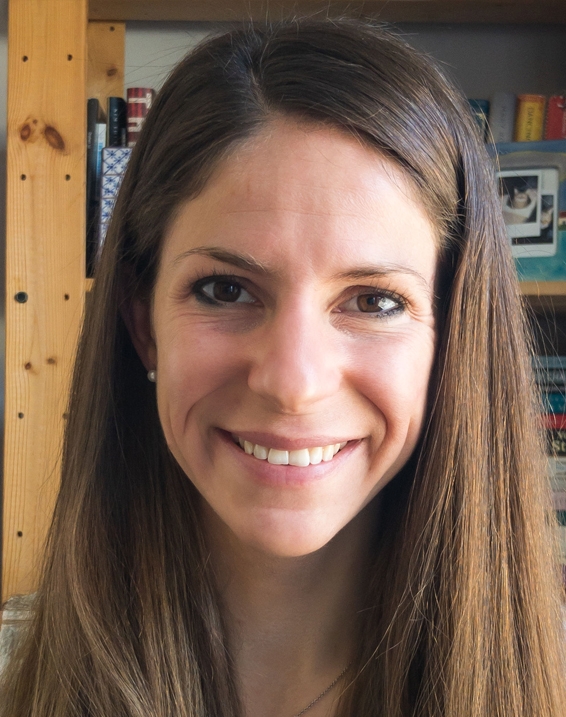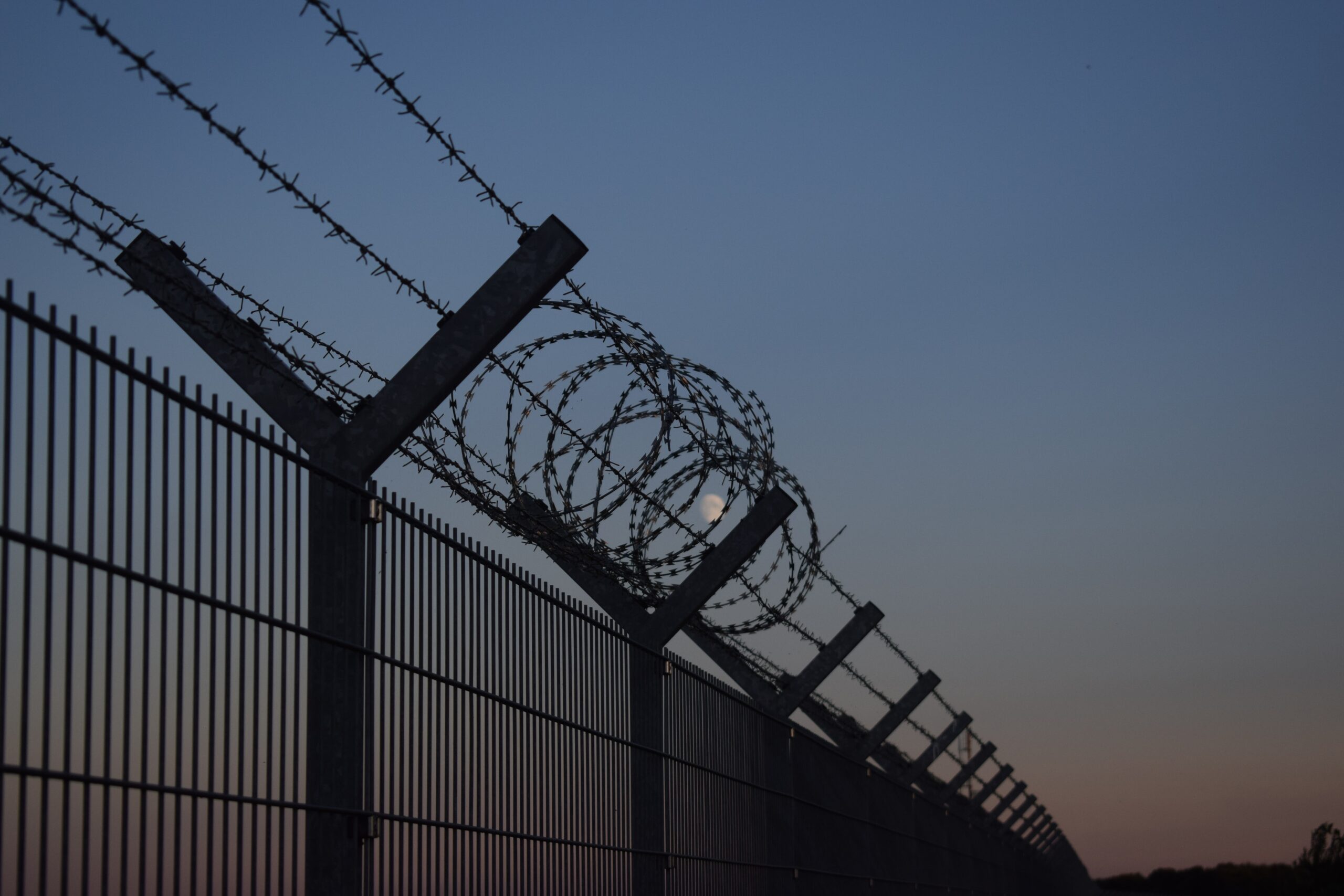“Many refugees, like myself, live perfectly ordinary lives, until their home becomes the mouth of a shark that they need to flee,” summarizes Ratna Omidvar on the book she co-authored with Dana Wagner in 2015, Flight and Freedom: Stories of Escape to Canada.
Today, a member of the Senate of Canada, Omidvar had to flee Iran in 1981, a few years after the overthrow of the Pahlavi dynasty. Drawing from her own experience of flight, she wanted to capture the overwhelming fear refugees endure when fleeing persecution but also their perilous quest for freedom.

Composed of 30 short stories of refugees from all over the world, the book is a “historical sweep” that celebrates Canada’s history of refuge but is also a critique of Canada’s restrictive asylum policies in 2015. The authors point out that the asylum system has since opened up but is still outdated, rigid and discriminatory to a certain category of refugees.
To reinsert the personal into the political
The authors decided to write the book when Stephen Harper’s government implemented several immigration policies that closed doors to asylum seekers, including the Protecting Canada’s Immigration System Act (or Bill C-31). At that time, anti-refugee rhetoric was growing and asylum seekers were suspect.
Omidvar’s idea was to raise awareness and understanding of what refugees can go through.
“I wanted to reinsert the personal, which often gets lost in the political and the policy,” she says. “Even the most hardened people will react to the personal narrative of individuals and that may lead them to thinking differently about refugee policies.”
For Wagner, basing the book on individual stories allowed the readers to better empathize with the refugees’ hard choices, which sometimes included breaking the rules.
“There’s not one thing that I heard from these refugees that I wouldn’t have done for myself or my family,” she shares.
Instead of praising public figures of refugees, the authors wanted to shed light on the ordinary people, the “unsung heroes,” says Omidvar. They aimed to show that refugees are part of Canada’s national fabric — be it your neighbour, your teacher, or even your favourite musician.
Not a burden, but an opportunity
In their book, the authors highlight the contribution made by refugees in Canada, thus criticizing the image of refugees portrayed as a social and financial “burden” to the country.
“Each one of the characters has found their roots in Canada. They’re all out active in the life of our country, whether it’s culturally like Robi Botos or financially like Andrew Hidi,” illustrates the senator.

Wagner explains that hearing all these incredible stories of escape shaped her current works with Talentlift. The non-profit agency she co-founded aims to connect hiring managers with refugees that possess skills needed by Canadian companies and communities. According to her, refugees constitute a wonderful human capital that is highly underestimated.
“You can imagine the courage, ambition, and problem-solving skills that it takes for someone to have made a journey like that,” she says. “Refugees have been tested as a person in a sense that the rest of us have not been. They are accomplished people and it’s going to set them up for success,” she stresses.
Wagner says that a majority, if not all, of the refugees profiled in the book would have been excellent candidates for skilled worker visas, which would have avoided life-threatening journeys to Canada. She points out that new immigration pathways need to be built in order to create safer opportunities for refugees.
“The more open our visa pathways are, the lower danger people are going to be in,” she says.
A better system in 2022?
Wagner says the asylum system is more open than it was when they wrote the book, as some restrictive policies and proposals are no longer in place. For instance, in 2019, the government ended the Designated Country of Origin practice, which added barriers to refugees from certain countries that were arbitrarily considered unsafe.
Omidvar adds that Canada’s response to the Syrian crisis was an unprecedented moment in Canadians opening their “hearts and minds” to refugees. Since the end of 2015 more than 70,000 Syrians have been welcomed to Canada.
“Ordinary people became private sponsors. It was just an overwhelming response,” remembers Omidvar.
The government also temporarily waived the refugee status determination requirement for Syrians, which is often a hurdle to obtaining asylum in Canada.
“We demonstrated that we are able to put aside old norms and patterns of protocols to switch to new, nimble forms,” says the legislator. “It shows that where there is a political will, there is a way,” she says pointing out that the government response to the Syrian crisis was an important part of the federal elections.
Except for that particular moment, Omidvar says Canada’s asylum system continues to be rigid and obsolete.
“The UNHCR protocol that all member states have signed on to, is grounded in a post Second World War narrative. It’s outdated,” she stresses.
Wagner adds that many asylum seekers don’t fit into the UNHCR (United Nations High Commissioner for Refugees) definition of a refugee, which she describes as “the tiniest little box.”
The “good” and the “bad” refugee
In their book, the authors criticize the narrative that segregates a certain group of refugees that are characterized as a “phony”, “criminal” or even “terrorist” in opposition to the others considered as the “good” refugees. This rhetoric which grew after September 11, 2001, often stigmatizes refugees who arrive irregularly to the country. The authors say, this narrative ignored the challenges and dangers refugees experience, which often push them to enter the country irregularly.
“The worst refugees in the eyes of Canadians are the ones who don’t sit and wait patiently in camps for years, but have the temerity to take their lives in their own hands and cross the border to seek asylum,” illustrates Omidvar with irony.
According to the authors, this narrative prevails to this day. Wagner says that a good example of that is the way Ukrainian refugees are treated, in opposition to the Afghans refugees.
“Ukranian[s] are considered “good refugees” because in a way we enable them to be, by providing them safe and legal visa pathways,” she points out.
In fact, most of the Ukrainians displaced by the war don’t meet the criteria of the UNHCR refugee definition, but the Canadian government created new immigration streams to welcome them.
The authors say that, for many reasons, they are not planning on writing a second volume of their book, but they would like to see other stories written about refugees arriving after 2015.
“There’s such a richness since we wrote the book. There have been other movements, coming from Ukraine, Syria, Myanmar, Colombia… We know about them in general but we don’t know about them in particular,” expresses Omidvar.
She concludes by stating her desire to write her own story as a Senator, which has given her invaluable insights into “how things work in Canada.”

Daphné Dossios
Daphné started her journalism journey in Switzerland, after graduating with a Bachelor in Political Science. She then decided to immigrate to Vancouver – unceded territories of the Musqueam, Squamish and Tsleil-Waututh Nations. Before contributing to the New Canadian Media, Daphné was a frequent writer for the bilingual newspaper The/La Source. An avid learner, Daphné was recently selected for a Master's degree in Journalism at the University of British Columbia which she will begin in September 2022. Daphné is particularly interested in social justice stories, especially regarding refugees, and Indigenous and 2LGBTQ+ communities.




